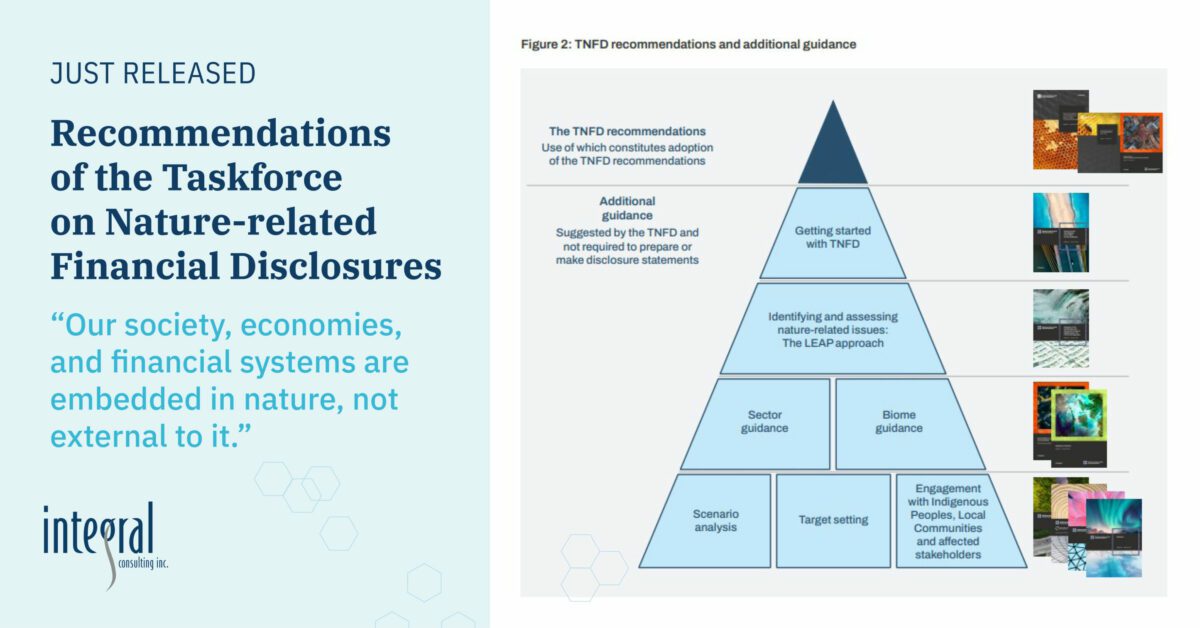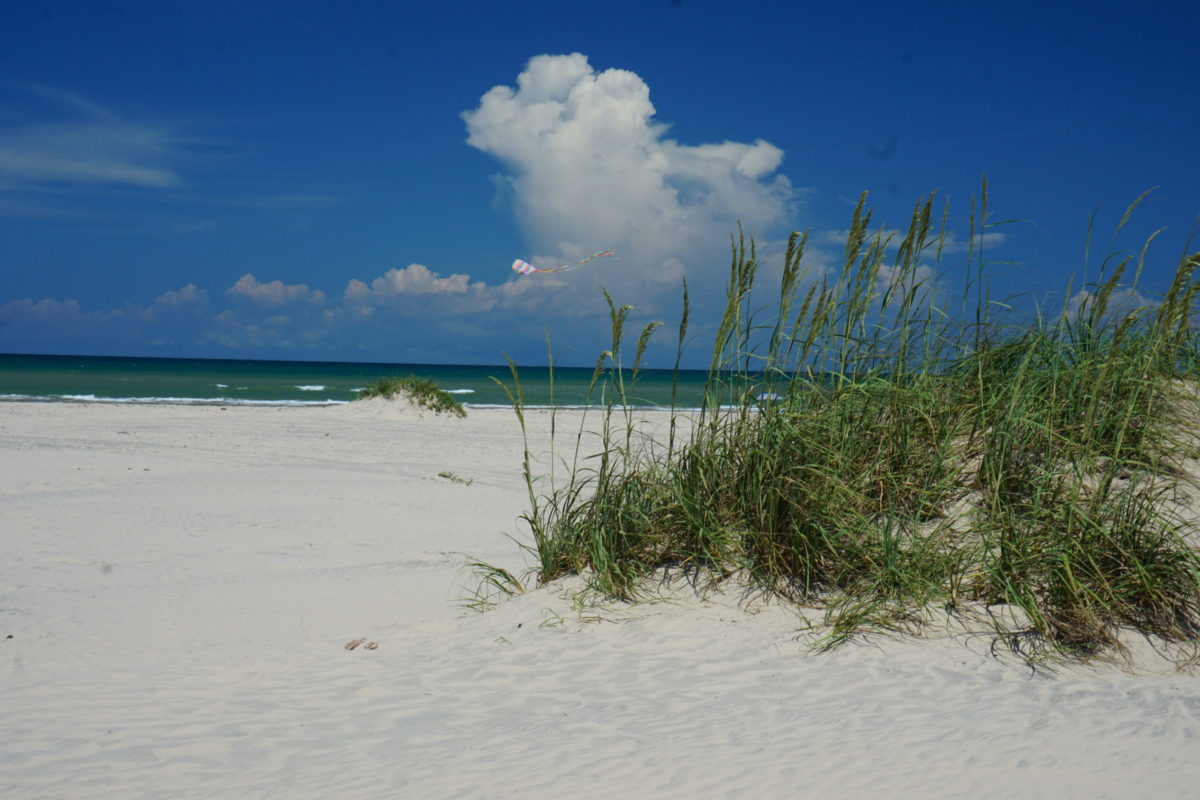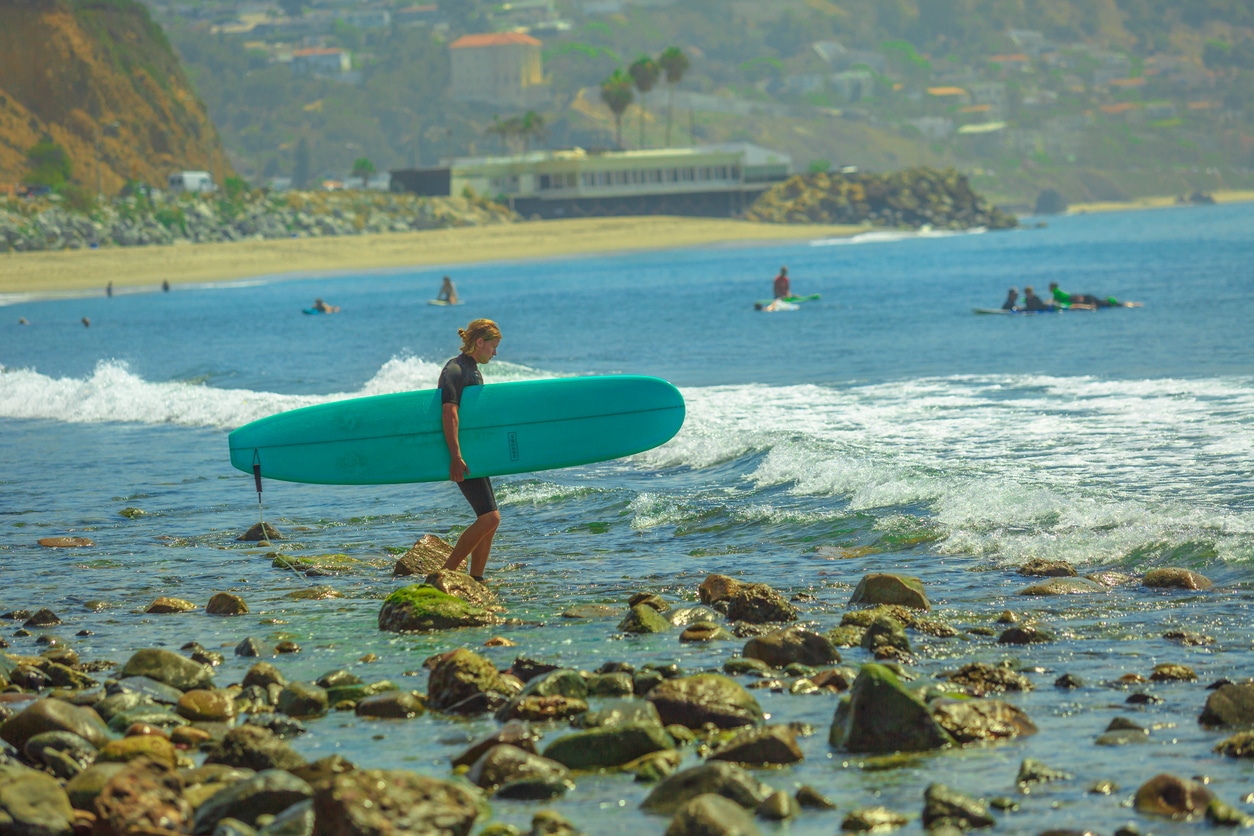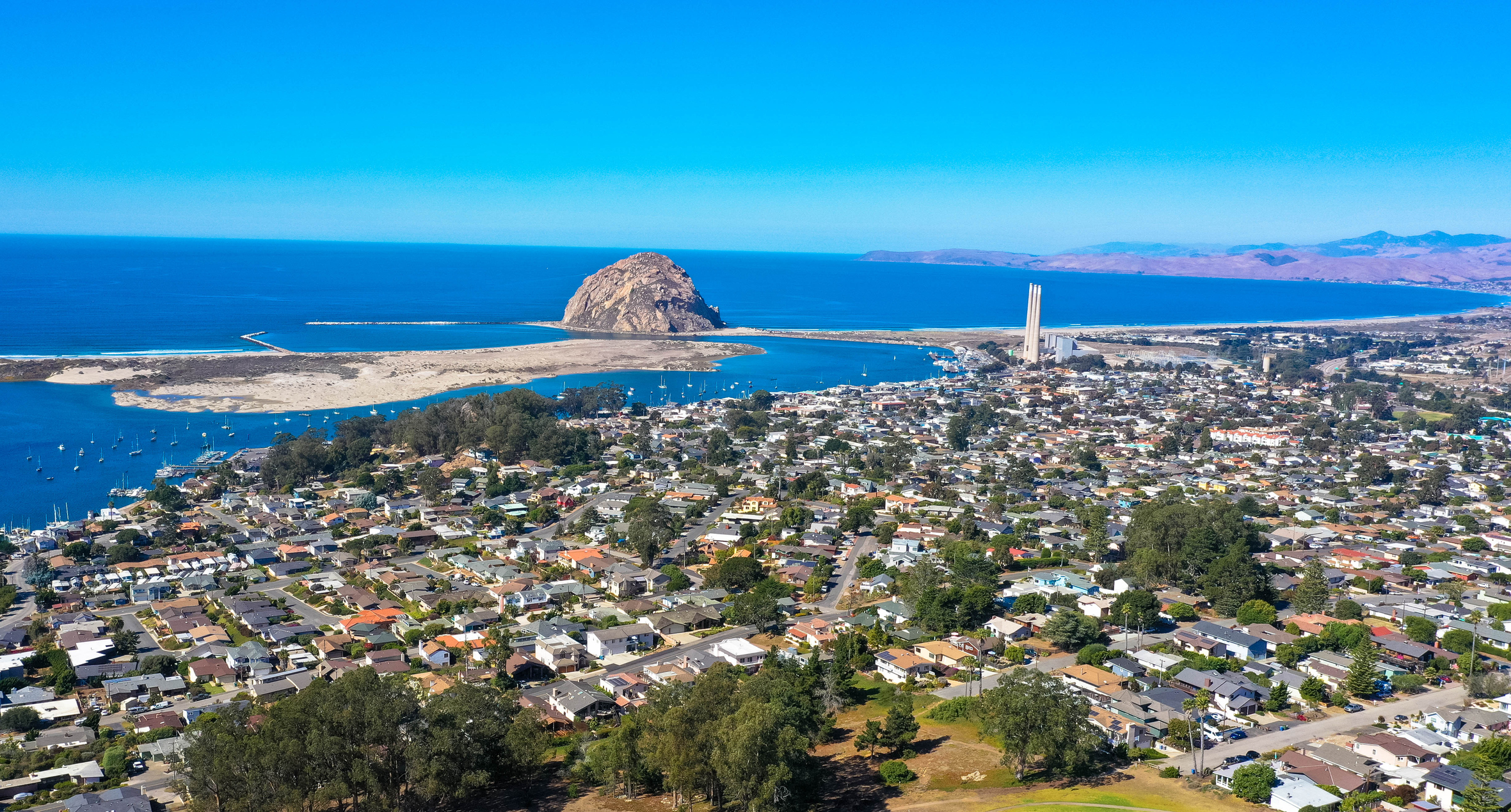
Dr. Dave Anning is an environmental economist with a background in marine science and environmental management. His research and interests lie at the intersection of environmental, social, and governance influences, including climate change and sustainability, and he holds tertiary qualifications in science, environmental management, economics, and geography. Sectors in which he is active include climate vulnerability and adaptation, coastal resilience, offshore wind and marine renewable energy, natural resource damage assessment, and environmental and social impact assessment.
Dr. Anning has particular expertise in valuing impacts on natural resources, and the way in which those resources are used for recreation, tourism, and other ecosystem services. He has considerable experience in identifying climate change and project impacts on coastal and aquatic ecosystems, including cost–benefit analysis, fiscal impact analysis, and the development of adaptation plans and environmental policies. Dr. Anning has a keen interest in distributional analysis of costs and benefits of climate impacts or management interventions across community sectors and stakeholder groups. He excels at relating technical information to nonspecialist audiences, and has delivered professional development courses in coastal climate change adaptation and the use of environmental justice screening tools.
Ph.D., Geography, University of New South Wales, Sydney, Australia, 2012
M.E.M., Environmental Tourism, University of Queensland, Brisbane, Australia, 2005
Graduate Diploma of Economics, University of New England, Armidale, Australia, 2013
B.S. with Honours, Anatomy, University of Queensland, Brisbane, Australia, 2002
B.S., Marine Biology, University of Queensland, Brisbane, Australia, 2001
Introduction to Environmental Law and Policy, University of North Carolina (2021)
Statutory Interpretation, Crown Law Queensland, Australia (2016)
Coastal Hazard Management Short Course, Griffith University, Gold Coast, Australia (2014)
Summer School in Discrete Choice Models–Advanced Module, University of Bologna (2008)
Discrete Choice Modelling, University of Sydney (2008)
Member of American Shore and Beach Preservation Association
Wentworth Group of Concerned Scientists, Alumnus
Dave Anning, Ph.D. Senior Consulting Economist
Dr. Dave Anning is an environmental economist with a background in marine science and environmental management. His research and interests lie at the intersection of environmental, social, and governance influences, including climate change and sustainability, and he holds tertiary qualifications in science, environmental management, economics, and geography. Sectors in which he is active include climate vulnerability and adaptation, coastal resilience, offshore wind and marine renewable energy, natural resource damage assessment, and environmental and social impact assessment.
Dr. Anning has particular expertise in valuing impacts on natural resources, and the way in which those r...
Dr. Dave Anning is an environmental economist with a background in marine science and environmental management. His research and interests lie at the intersection of environmental, social, and governance influences, including climate change and sustainability, and he holds tertiary qualifications in science, environmental management, economics, and geography. Sectors in which he is active include climate vulnerability and adaptation, coastal resilience, offshore wind and marine renewable energy, natural resource damage assessment, and environmental and social impact assessment.
Dr. Anning has particular expertise in valuing impacts on natural resources, and the way in which those resources are used for recreation, tourism, and other ecosystem services. He has considerable experience in identifying climate change and project impacts on coastal and aquatic ecosystems, including cost–benefit analysis, fiscal impact analysis, and the development of adaptation plans and environmental policies. Dr. Anning has a keen interest in distributional analysis of costs and benefits of climate impacts or management interventions across community sectors and stakeholder groups. He excels at relating technical information to nonspecialist audiences, and has delivered professional development courses in coastal climate change adaptation and the use of environmental justice screening tools.

The Taskforce for Nature-related Financial Disclosures Has Released Its Final Guidance
Press Release
September 19 2023Environmental Justice Screening Tools: Powerful Platforms with Potential Pitfalls
Poster
January 10 2023
Planning for Sea Level Rise: Integral Presents on Coastal Resilience and Adaptation at ASBPA
Press Release
September 28 2021

- Climate Impact Assessment
- Natural Resource Damage Assessment
- Litigation Support
- Environmental Impact Assessment
- Environment, Social and Governance
Climate Impact Assessment
Completed a fiscal and economic analysis of the costs and benefits of coastal management options, including managed retreat, terminal seawalls, beach nourishment, and combined approaches. Assets at risk included private houses, public open space, and regional rail infrastructure.
Assessed the existing economic importance of beaches and surfing locations in four case study locations around Australia, and analyzed the extent to which these values are threatened by climate change-induced beach erosion. This analysis employed both existing tourism research information and collection of survey information about coastal tourism and the likely behavioral response to natural hazards and reduced environmental quality.
Assessed the costs and benefits of different terminal seawall designs, sand nourishment, and managed retreat options for a campground and surf club facing imminent erosion impacts due to storm activity and variability in longshore sand supply.
Conducted an economic assessment of factors affecting decisions to repair, upgrade, or replace existing seawall structures. The project examined factors that influence the selection of management options, including erosion rates and assumptions about storm wave intensity and future sea levels.
Estimated the nonmarket value of selected beaches in the Sydney region, to assist local and state government agencies in the selection of the most appropriate responses to existing coastal management pressures and the projected impacts of climate change. The project used a range of valuation methods, including the travel cost method, hedonic pricing, and surveys that integrated contingent behavior and valuation components.
Natural Resource Damage Assessment
Litigation Support
Environmental Impact Assessment
Estimated the economic benefits associated with a large navigational dredging and sand nourishment campaign. Values incorporated into the analysis included beach-related tourism and impacts on surf amenity through the targeted placement of sand to create improved surfing conditions.
Estimated the economic impact of the Tweed River Entrance Sand Bypass Scheme, including valuation of beach recreation, surfing, commercial fishing, scuba diving, and recreational boating. Included quantification of vessel trips, the value of commercial fish landings, and the recreational use values associated with saltwater angling, charter fishing trips, whale watching, and recreational scuba diving.

